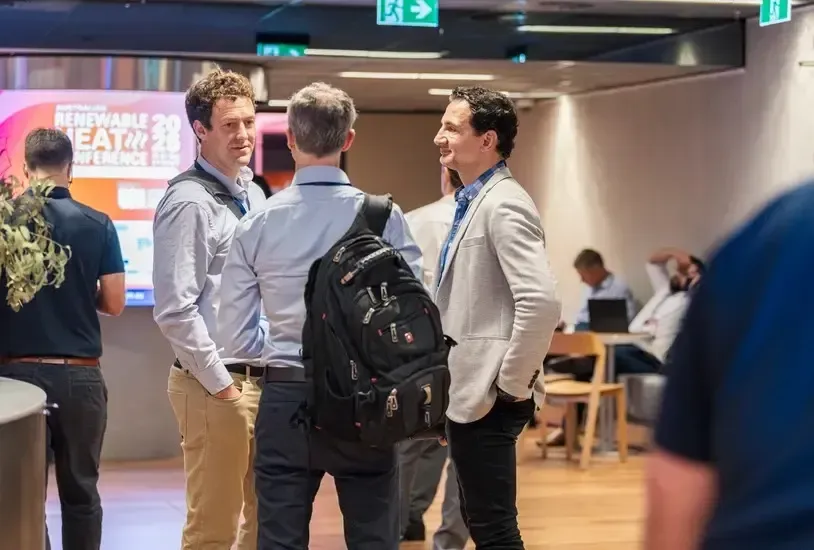Renewable Freight Certificates Feasibility Study by SBC & MoT
How do we abate the transport sector, one of the sectors most intertwined with non-renewables?
The transport sector is one of the largest emitters and hardest to abate sectors in New Zealand due to its heavy reliance on fossil fuels. This dependance on gas and diesel, burned for transportation purposes, emits significant amounts of greenhouse gases. Additionally, New Zealand's geography, with its dispersed population and unique terrain, poses challenges for implementing alternative transportation solutions and infrastructure to reduce emissions effectively. Addressing the Transport sector's significant decarbonization challenge requires a dedicated and urgent commitment to fulfill New Zealand's emission reduction targets.
The Sustainable Business Council (SBC), in collaboration with Te Manatū Waka Ministry of Transport (MoT), conducted a feasibility study to explore the creation of a nationwide initiative in New Zealand. This initiative aims to provide comprehensive decarbonisation services to facilitate the transition of the heavy transport sector towards a more sustainable future. DETA along with partners from MoT, Toitū Envirocare and SBC formed a technical working group to support the delivery of the study.
The published study reveals that the establishment of a Renewable Freight Certificate system to validate low-emission freight routes across the nation is both feasible and attainable.
If implemented, this system could provide funding for the adoption of more low-carbon freight vehicles, leading to substantial emission reductions in Aotearoa New Zealand's freight sector. Furthermore, the study suggests that such a system has the potential to empower organizations to mitigate their Scope 3 freight emissions, which are indirect emissions occurring within a business's value chain.

We now know what needs to be done and DETA is in the business of the how”, says our GM Jeff Smit.
This project serves as a clear illustration of DETA's expertise in executing plans with efficiency and effectiveness. By taking on the challenges presented, DETA not only demonstrates its grasp of the necessary steps but also highlights its proven track record of turning ambitious initiatives into successful outcomes.





